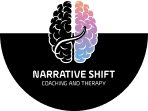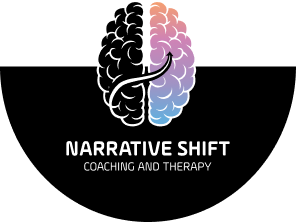The Power of Play: Unlocking Potential in Neurodivergent Minds
The Narrative:
As adults, we’re often told to “be serious,” “focus,” and “stop playing around.” Traditional approaches to productivity, especially for neurodivergent individuals, tend to emphasize structure, discipline, and sometimes medication—while overlooking one of the most powerful natural tools available: play. Many neurodivergent adults find themselves stuck in cycles of procrastination, overwhelm, and diminished motivation, trying approaches that work against rather than with their brain’s natural tendencies.
The Shift:
Play isn’t just for children—it’s a neurological necessity, especially for neurodivergent brains. By understanding how play affects brain chemistry and executive function, we can transform it from something we feel guilty about into a powerful tool for enhancing focus, creativity, and emotional regulation.
Understanding Play’s Neurological Power
In a recent episode of the Miss ADD Podcast, hosted by Justine Ruotolo—founder of Narrative Shift Coaching and Therapy—Dr. Kirsten Milliken shared profound insights about the science behind play’s effectiveness.
Play directly stimulates the production of dopamine, a neurotransmitter crucial for motivation, focus, and mood regulation. For neurodivergent brains that often experience dopamine dysregulation, play becomes not just enjoyable but functionally valuable.
“Play lights up the brain, creating opportunities for growth and self-discovery,” Dr. Milliken explained. This illumination isn’t just metaphorical—it represents actual neural activation that supports executive functioning.
Discovering Your Play Personality
Just as each person’s neurodivergence manifests uniquely, our relationship with play varies widely. Understanding your natural play style helps identify the most effective strategies for your brain.
By reflecting on childhood play patterns and current interests, you can identify which play personality resonates most with you:
-
- The Joker: Finds joy in humor, wordplay, and making others laugh. This style can transform mundane tasks by adding elements of comedy or lightheartedness.
- The Kinesthete: Processes information and regulates emotions through movement. Walking meetings, fidget tools, or dance breaks can enhance focus and productivity.
- The Competitor: Thrives on challenges and measurable goals. Setting personal records or creating friendly competitions can turn procrastination into motivation.
- The Artist/Creator: Engages through making and designing. Visual planning tools and creative environments support this play style.
- The Storyteller: Processes through narrative and imagination. Framing tasks as adventures or using story elements can boost engagement.
Practical Play Integration Strategies
The beauty of play-based approaches is their practical application to everyday challenges:
Task Transformation:
-
- Add elements that match your play personality—time challenges, funny playlists, or role-play scenarios—to otherwise dull chores.
Meeting Enhancement:
-
- Incorporate doodling, movement breaks, or “bingo” cards of common phrases to bring lightness into focus-heavy settings.
Planning Reinvention:
-
- Make organization playful through color-coding, sticker systems, visual maps, or turning planning into a game.
The Science Behind Play’s Effectiveness
Play isn’t just subjectively enjoyable—it creates measurable neurological benefits:
Dopamine Regulation:
-
- Play triggers dopamine release, enhancing motivation and focus—often challenges for neurodivergent individuals.
Stress Reduction:
-
- Play lowers cortisol and activates the parasympathetic nervous system—creating optimal conditions for executive function.
Cognitive Flexibility:
-
- Play promotes trying new approaches and thinking beyond rigid constraints—a natural advantage for many neurodivergent minds.
Overcoming Play Resistance
Despite its benefits, many adults resist incorporating play, feeling it’s unprofessional or indulgent. Dr. Milliken offers a prescription that reframes this thinking:
“It’s the doctor’s orders: Go play.”
This playful yet powerful directive gives permission to embrace what your brain naturally needs. Rather than seeing play as something to feel guilty about, recognize it as an evidence-based approach to enhancing your brain’s functioning.
Embracing Your Playful Potential
Play isn’t frivolous—it’s a sophisticated neurological tool that can transform challenges into opportunities. By understanding your unique play personality and incorporating playful elements into daily life, you can enhance focus, boost motivation, and rediscover joy in the process.
Remember:
Your brain’s natural inclination toward play isn’t something to overcome—it’s a strength to leverage on your journey toward greater productivity, creativity, and fulfillment.




